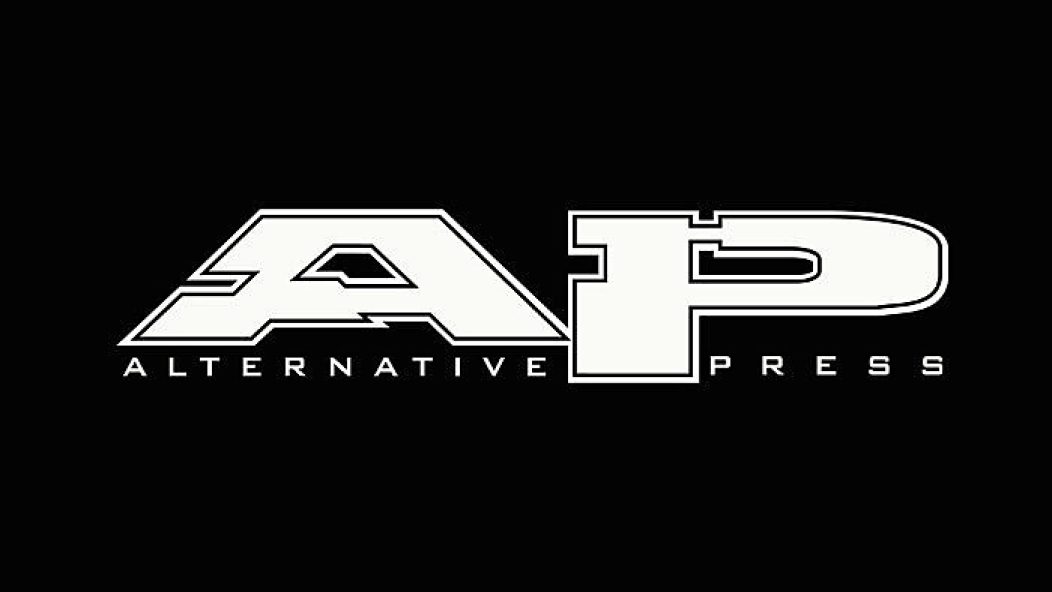
A message to our readers and an apology to the survivors
First, I want to sincerely apologize to the survivors who have felt silenced by us in regard to the allegations made against Austin Carlile.
I wish I could say something to make the pain from abuse go away. And while I realize that my words might come up short for some, it is my hope that you and the survivors can take comfort in the actions we are taking to enact change.
Also, I think it’s time for a change. In light of recent events, and in the current state of culture, we’re going to introduce some new faces to the world. Effective immediately, I’m pleased to announce our new Editor in Chief, Paige Owens, and her counterpart Content Director, Rachel Campbell, who both will bring a new approach to our editorial objectives and policies. The two of them are going to be spearheading the ongoing direction of our content and the initiatives we’ll cover below.
Finally, allow me to sincerely apologize on behalf of Alternative Press for not explaining ourselves before now. To those individuals who have shared their stories with us, we do not condone violence or sexual misconduct in any form, and your story deserves to be told. We understand the potential depth of the hurt, and that it resonates, and we apologize.
We would also like to tell our readers that we are not protecting anybody from legal repercussions. What we are following is the obligation of journalistic due diligence, ethics and integrity. Social media allows us to react quickly and impulsively with great conviction. What it doesn’t do is provide context or the full story.
The Austin Carlile story was never kept “under wraps.” It was not published because we could not check all the boxes we, as journalists, must check. During the period that the allegations surfaced and an investigation began, accusations and scenarios came to light. From the information that we have been able to review, these claims were not verifiable by sources or through official legal documentation (formal complaints, police reports, witnesses, etc). In addition, some of the individuals we spoke to had changed their position on the story or involvement for a variety of reasons. At several points during the investigations, additional sources who were willing to go on record to corroborate events went silent, canceled interviews, and stopped responding to our follow-ups. There were also people who refused to talk to us at the time who are now saying online they were never approached.
Ultimately, we realize now that perhaps reliving the situation could cause painful feelings for survivors and that’s why they could no longer participate.
We must navigate the “old” world of traditional media and also the “new” world of social media. The former is the time-tested world of journalistic due diligence, where things are investigated and vetted thoroughly. In the latter, social media, where media companies can be thrust into having to make an instantaneous judgment in the span of a URL. That’s how it works on Twitter, but not in journalism. We chose to not be one of those sites, regardless if it didn’t give immediate satisfaction to our online community and opened ourselves to charges of not caring, which couldn’t be further from the truth.
It doesn’t mean that allegations shouldn’t be taken seriously or that they are not true or that survivors should not be heard. When investigating serious criminal allegations, things such as police reports, documentation, witnesses who will go on the record to corroborate the accusations of others, and industry people who go silent to protect their reputations, can make the process difficult. Despite what we all wish were simply open and closed cases, there are many times a lot of grey areas.
It doesn’t mean the allegations against Austin Carlile are not true. Simply put, we didn’t know all the truth, so we couldn’t tell all the truth. We couldn’t get full cooperation from enough witnesses at the time to get to the truth. We cannot run an allegation without proper and complete vetting as it could open the company to lawsuits.
As a result of our own lessons that we’ve learned over the past 48 hours and current events, we’ve been re-evaluating and acknowledging that our roles as editors and journalists have now changed in this quickly evolving cultural landscape.
We promise to dedicate the necessary resources and time to more in-depth coverage of these serious issues. Yesterday, we created a new editorial committee that will be responsible for the thorough vetting and investigation into future stories such as these. We are also re-evaluating previously posted stories to ensure they are in line with the practices we are adhering to moving forward.
Alongside investigating new allegations, the committee has begun evaluating other previous stories under a new lens.
We are doing all of this to assure survivors that may continue to come forward with accusations, that we will commit resources to report their stories, if possible, and give them the voice that they so deserve.
Again, regarding the Austin Carlile story, we felt we didn’t have enough to go any further. Leading with so much speculation without substantial proof would have compromised the integrity of any information which all of you depend on.
We encourage all of our peers and competitors to take note of these and any future allegations. We hope our sincere apology and advocacy allows all music media outlets to stand up. We all can do better.
We made a mistake, not the survivors. For that, we sincerely apologize.
Please continue to advocate for change.
Thank you for taking the time to read this. We hope to continue to learn and grow alongside all of you to build a safe and accepting music community.
Mike Shea








